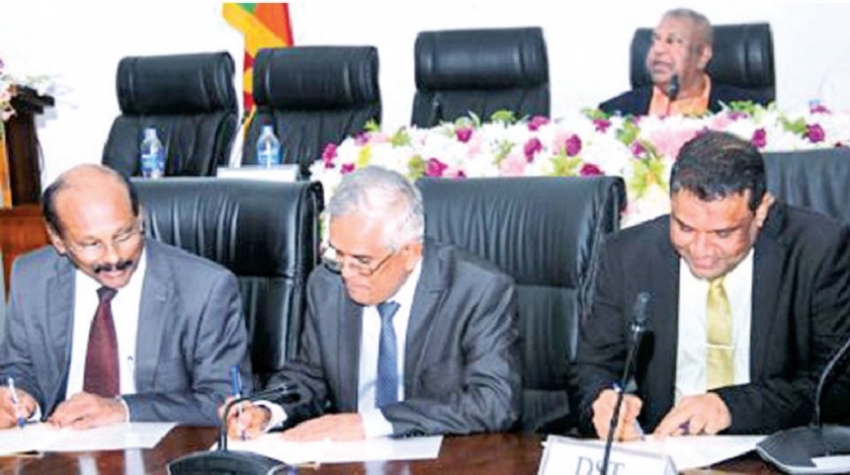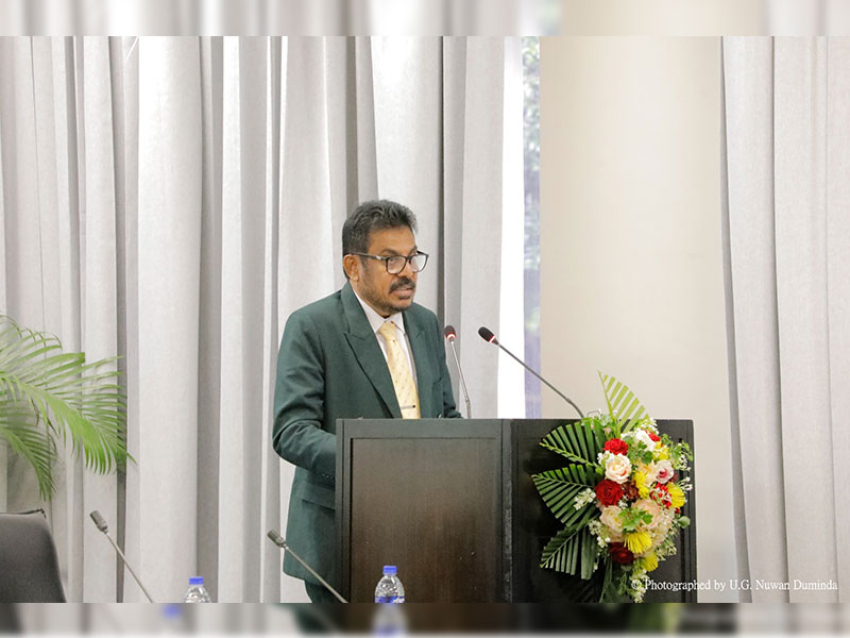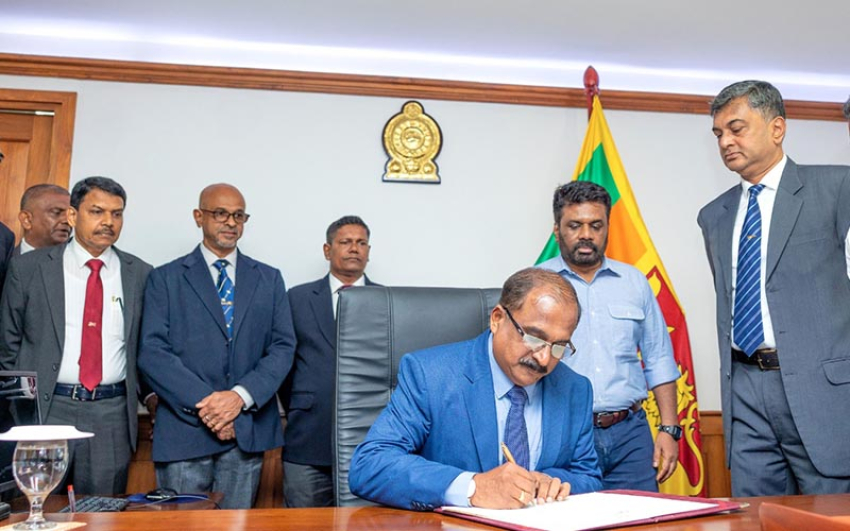The SOEs that signed agreements include; Sri Lanka State Plantation Corporation, Urban Development Authority, Lanka Sathosa (Pvt) Ltd, Central Engineering Consultancy Bureau, State Timber Corporation, Kurunegala Plantation (Pvt) Ltd, State Pharmaceuticals Corporation, Milco (Pvt) Ltd, National Livestock Development Board and Geological Survey and Mines Bureau. According to the agreement, Milco (Pvt) Ltd will have to increase the market share of milk-based products from 25% to 35% by the end of 2021. The company should also increase the production capacity from the current 400,000 liters per day to 600,000 liters per day by the end of 2020. The Sri Lanka State Plantation Corporation has been asked to increase made tea income by 42% by 2021 and to maintain the cost of production increment within the range of 4%-5% by 2021.
Meanwhile, the State Pharmaceuticals Corporation will have to achieve open market sales revenue growth of 45% by 2021 based on the 2018 sales and ensure on time delivery of pharmaceuticals by achieving 80% success rate by 2021. The Department of Public Enterprises (PED) introduced the concept of SCI in 2017 with a view to enhance the performance of SOEs. This concept was approved by the Cabinet of Ministers on February 7, 2017 and was initiated by signing SCIs with five Key SOEs; Ceylon Petroleum Corporation (CPC), Ceylon Electricity Board (CEB), Sri Lanka Ports Authority (SLPA), Airport and Aviation Services (Sri Lanka) Limited (AASL) and National Water Supply and Drainage Board (NWS&DB) on March 15, 2017. SCI is a tripartite Agreement, signed among the Secretary to the Ministry of Finance (MOF), Secretary of relevant line Ministry and the Chairman of the respective SOE on behalf of the Board of Directors with the mission of creating a platform for SOEs to operate in a commercially viable manner in order to achieve macroeconomic objectives of the country.
SCI possesses following objectives; to operate SOEs in a budgetary independent and commercially viable manner, to improve Corporate Governance Practices, to strengthen the Financial Management, to strengthen the Human resource management, to change the operational culture and reengineering the business process, to improve the transparency and accountability in operations, to ensure efficient and effective business operations and to generate reasonable Return on Investment.




















